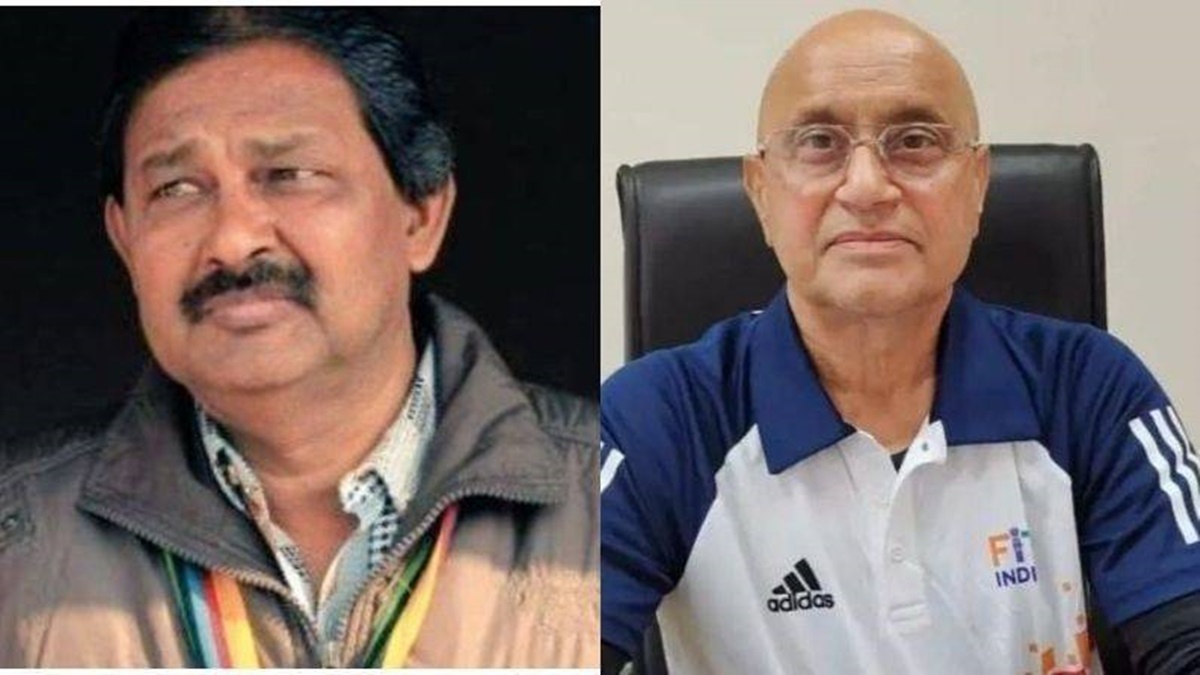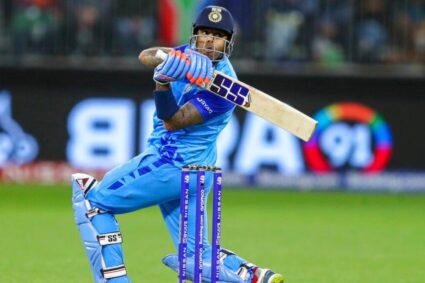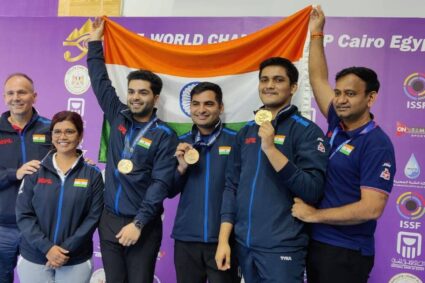

Saturday was a day to forget for the Class of 1980, the bunch that took India to the summit of world hockey at the Moscow Olympics – the last time the country enjoyed such success.
Ravindra Pal Singh, 60, in the morning and Maharaj Krishan Kaushik, 66, in the evening succumbed to the Covid-19-related ailments on the same day.
Kaushik, a right-out, passed away in the national capital after a three-week battle with the virus and leaves behind a legacy full of success and recognition on the hockey turf, both as player and coach.
Hockey lovers of more recent vintage may recall Kaushik as a former coach of the national women’s team, who guided the unfancied bunch to the 2002 Commonwealth Games gold medal, which was one of the inspirations for the hit movie Chak de India. But Kaushik had also taken the men’s team to the top of the podium at the 1998 Bangkok Asiad, the first time they had been there in 32 years.
Add to it, the ultimate success as a player at Moscow 1980 – he scored three goals, including one in the final against Spain – and one can safely say that there was very little in hockey that Kaushik didn’t achieve.
But Kaushik’s coaching career also had its share of ups and downs. Soon after the triumph in Bangkok, he was sacked by the erstwhile Indian Hockey Federation, an episode he describes in the book The Golden Boot.
The Arjuna and Dronacharya awardee was the assistant coach of the team that won gold at the 2014 Incheon Asian Games (Australian Terry Walsh was chief coach), 16 years after he had guided the team to glory as head coach.
Silent but effective
Ravinder Pal Singh, centre half, may not be the first name that comes to mind when one recalls the hockey gold medallists from the 1980 Moscow Olympics, but talk to his teammates and one gets the picture of a graceful and stylish midfielder who did his work silently and efficiently.
Singh, who succumbed to Covid-19 in Lucknow on Saturday after fighting the virus for two weeks, was a product of Uttar Pradesh Sports Hostel, Lucknow and Vasudevan Baskaran, the captain at the Moscow Games, remembers him as a player with good skills and adept at both the defensive and attacking aspects of the game.
“He played as a centre-half – the successor in that position to Ajitpal Singh. Ravinder was, thus, stepping into big shoes. But he matched Ajitpal in every inch,” Baskaran told The Indian Express.
“He possessed all the skills. But what caught my eye was the graceful nature of his game and he had a big contribution to our success. He was quick in attack and gelled perfectly with the players around his position – like myself (left half), MM Somaya (right half), Mohammed Shahid (inside left) and Merwyn Fernandes (inside right).”
Another teammate from the victorious squad, Zafar Iqbal remembers Singh as a “very good player” and “dependable defender”.
“We played a lot together. He was a very stylish player without being showy. One can describe him as a player from the old school. Apart from his defensive skills, his ball distribution to forwards was exemplary and very accurate,” the former left out told this paper.
Singh was also part of the 1984 Los Angeles Olympics squad and several other elite-level tournaments, but his erstwhile teammates recall a man who largely kept to himself as he grew older.
“He was a very simple man and would be on the turf even on Sundays,” Baskaran said.
Zafar alluded to a transformation in Singh after his playing days.
“He was fun to be with when we were in the team. But he remained a bachelor and turned into a private and introverted person. He became somewhat of a loner, but always a very down-to-earth man.”






